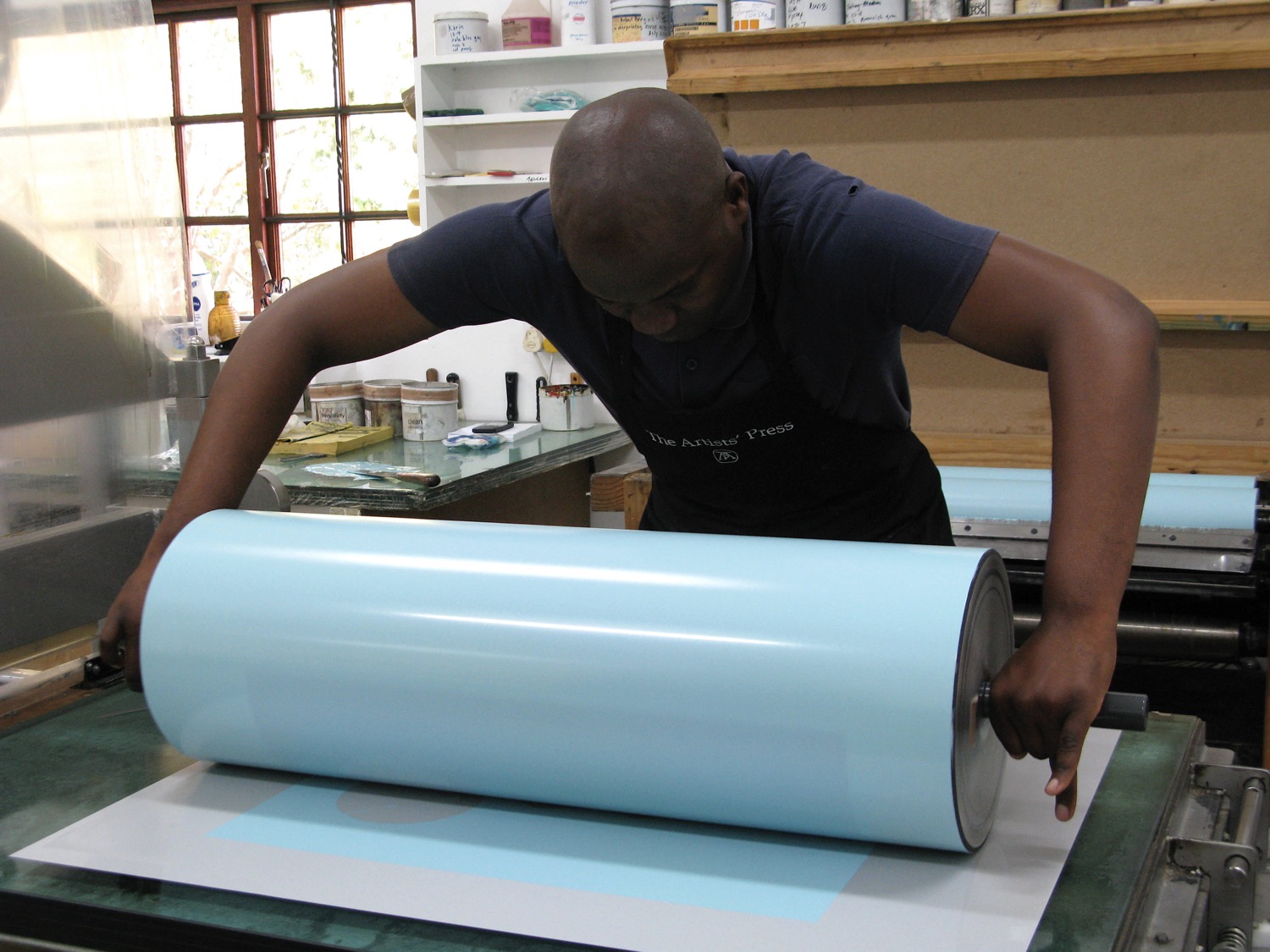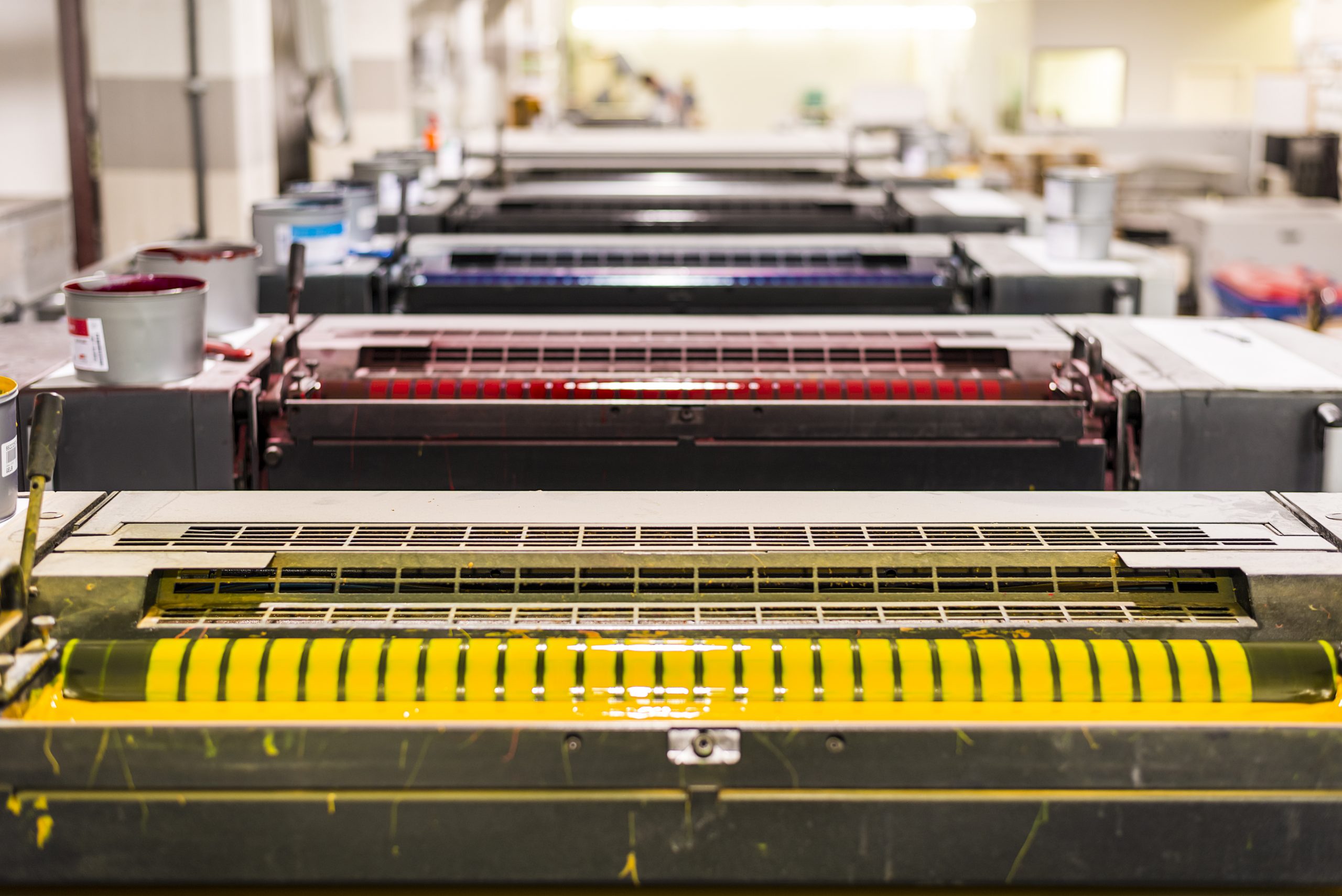Personalized Designs Enhanced Through litho printing
Personalized Designs Enhanced Through litho printing
Blog Article
A Comprehensive Guide to Understanding Litho Printing Strategies
The world of litho printing, a strategy stemming from the late 18th century, is a remarkable blend of background, scientific research, innovation and art. This thorough overview will unravel the complexities of this printing technique, from the make-up of litho inks to the challenges dealt with in modern applications. As we venture into the intricacies of lithography, the value of automation and sustainability in ensuring its future importance ends up being significantly clear. Remain with us as we trip right into the exciting realm of litho printing.
The Historical Development of Litho Printing
The historic trajectory of litho printing, a critical technology in the world of interaction, is a captivating story of human ingenuity. Birthed in the late 18th century by Alois Senefelder, this technique was originally an economical technique of releasing theatrical jobs. Lithography, obtained from the Greek words for 'stone' and 'to create', used a smooth rock surface area to transfer photos onto paper. The process evolved with the arrival of the rotating press, which greatly increased efficiency (litho printing). In the 20th century, the advancement of balanced out lithography revolutionized the market, permitting mass manufacturing of top notch prints. Each phase of litho printing's advancement showcases mankind's unrelenting search of effectiveness and top quality in aesthetic communication.
Deciphering the Science Behind Litho Printing Inks
Relocating forward in the exploration of litho printing methods, the emphasis now changes to the science behind litho printing inks. The composition of these inks, their drying process, and color mixing strategies form the foundation of this intricate art kind. Comprehending these elements is essential to grasping the craft and accomplishing the preferred print outcomes.
Make-up of Litho Inks
In lithographic printing, the essential role of litho inks can not be overstated. The composition of litho inks differs depending on its purpose, yet normally, they consist of 2 main parts - vehicles and pigments. Pigments, the color-providing aspects, are finely ground bits suspended in the automobile, a fluid that brings the pigment onto the printing surface. The lorry is a complex combination of oils, resins, and solvents, which influence the ink's drying time, attachment, and gloss. Furthermore, numerous additives are existing to boost specific residential or commercial properties like flow, drying out, and resistance to environmental effects. Each part plays a critical part in the final print's top quality, making the accurate formulation of litho inks a complex scientific research.
Ink Drying Process
From the structure of litho inks, attention turns to the fascinating process of ink drying out. Two primary approaches are utilized in litho printing: oxidative drying and absorption. Absorption, on the various other hand, entails the ink seeping right into the paper fibers, which is a much faster process but can lead to much less dynamic colors.
Shade Mixing Methods
While the drying procedure plays an essential function in litho printing, the science of color mixing strategies holds equal relevance. This is a complicated procedure that entails the careful mixing of key colors: cyan, magenta, and yellow, in varying percentages to accomplish a wide array of shades. The enhancement of black ink, called 'crucial', assists in managing the strength and deepness of the shades. The science behind litho printing inks likewise takes into account the transparency of the ink, which affects exactly how shades overlay and mix. To accomplish an efficient color mix, print specialists have to also understand the intricacies of ink habits, color concept, and the physical residential or commercial properties of the you can try these out substrate on which the ink is applied.
The Art and Layout Components in Litho Printing
Litho printing takes a breath life into art and layout with its distinct components. The procedure includes creating a photo on a lithographic sedimentary rock plate or metal plate with a smooth surface area. The image is after that printed onto a tool, usually paper, by transferring the ink from home plate. What sets litho publishing apart is its capacity to duplicate detailed layouts with high fidelity, making the result practically similar to the original artwork. This is achieved through making use of different line methods such as stippling, hatching, and cross-hatching, which enable a series of tonal effects. Additionally, litho printing suits a selection of shades, enabling artists to create dynamic and vibrant prints. This combination of precision and versatility makes litho printing a favored selection for lots of artists and developers.
Modern Applications of Litho Printing Techniques
Litho printing methods have actually discovered considerable use in the modern-day industrial sector. Its impact and value continue to grow with the arrival of new developments and modern technologies in the field. This section will certainly discover these modern applications and the transformative function they play in the printing sector.
Industrial Litho Printing Utilizes
Litho printing stays an essential part of the industrial market. High-volume printing jobs, such as the production of publications, papers, and product packaging, rely on litho printing for its capacity to provide premium picture high quality Home Page and expense performance. Litho printing likewise gives a broad color range, premium to that of digital printing.
Innovations in Litho Printing
Pressing the boundaries of traditional strategies, modern advancements have actually sustained a host of technologies in litho printing. These advancements have not only boosted the quality and efficiency of litho prints yet also expanded its application extent. One noticeable development is digital litho printing, which combines the merits of electronic modern technology with litho's premium output. This hybrid design visit here supplies faster arrangement times, minimized waste, and makes it possible for on-demand printing. One more notable development is the intro of eco friendly inks. These inks, made from veggie or soy-based solutions, have dramatically lowered the industry's ecological impact. litho printing. In addition, the advancement of sophisticated plate innovation has structured the printing procedure, causing sharper photos and enhanced shade integrity. These technologies highlight the long-lasting importance of litho printing in the modern-day globe.
Exploring the Refine of Litho Printing: Detailed

Challenges and Solutions in Contemporary Litho Printing

Regardless of the accuracy and tradition that litho printing proudly upholds, it is not without its set of modern difficulties. One of the most prevalent issues include the high preliminary configuration cost, problem in printing variable data, and ecological problems because of chemical use. Services are emerging as innovation develops. Digital litho printing permits cost-effective brief runs and simple personalization, dealing with the issue of variable data. Environmentally-friendly inks and more secure plate-making procedures reduce ecological issues. Additionally, improvements in automation have actually decreased labor expenses, even more equalizing the lithography process. Thus, while there are difficulties, the litho printing industry is proactively adapting to satisfy them head-on, ensuring its relevance in the future.
Final thought
In final thought, litho printing, with its rich background and clinical complexities, holds a substantial location in the print sector. The future of litho printing pivots on its ability to adapt to these transforming needs, attesting its long-lasting worth in a progressing market.

Report this page